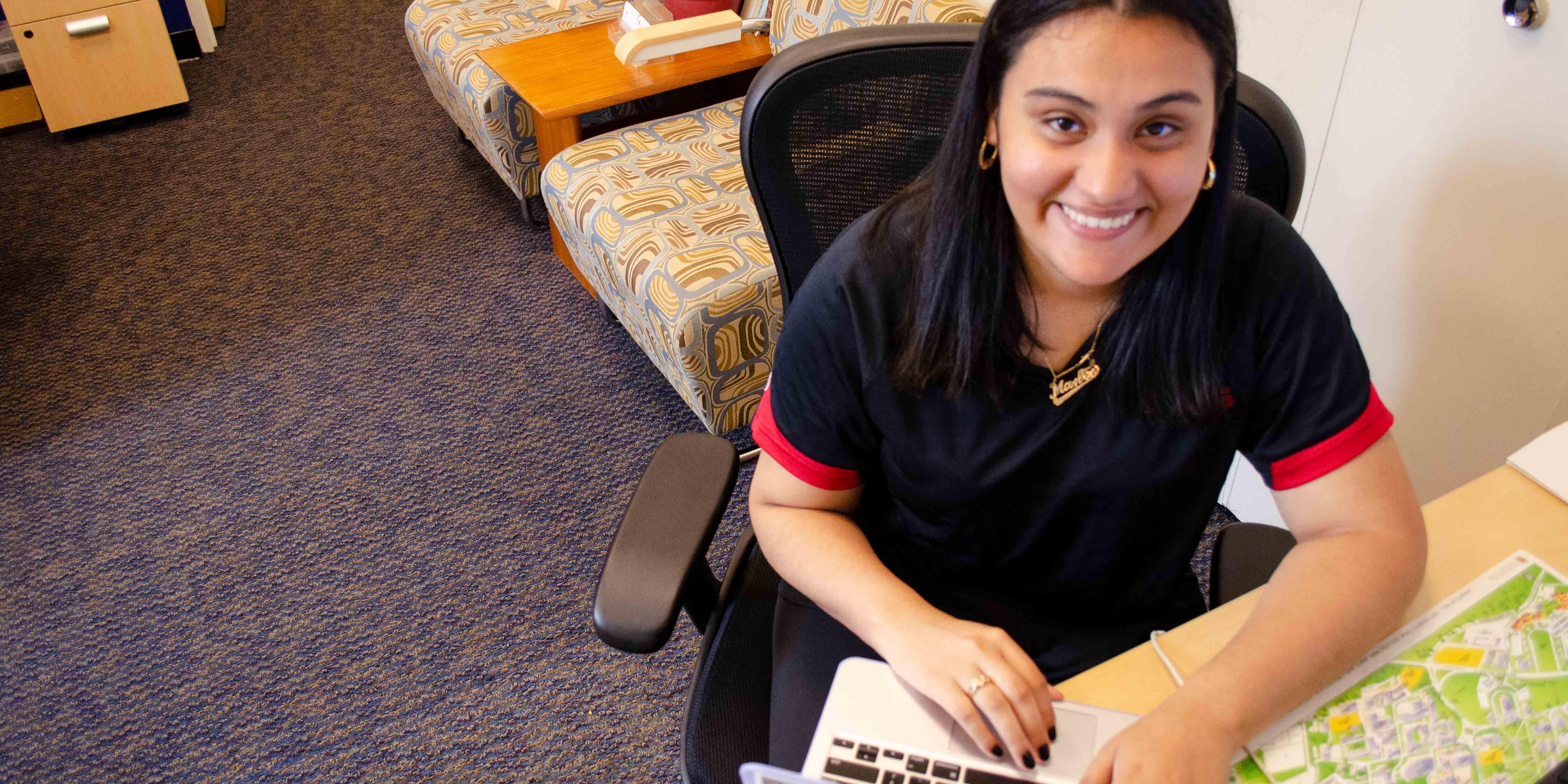
Marlen Cruz has taken on many roles in her scant 20-some years. First-generation American. First-generation college student. And: a commuter student.
“My parents live five minutes away from campus. They were like, ‘There’s no way you’re living on campus,’” she relays, laughing.
A public health science major who was in the Media, Self and Society Scholars program, Cruz says she was unhappy at first to not live on campus. “But then I realized, I liked going home and seeing my parents,” she says. The oldest of three, she is also close to her siblings and says commuting from home allowed her to keep tabs on them.
Last fall, we followed Cruz for a few hours over two days to get a sense of what life is like for a commuter student at the University of Maryland (UMD). It’s actually a role Cruz no longer has: In December, she graduated from college, after only two and a half years.
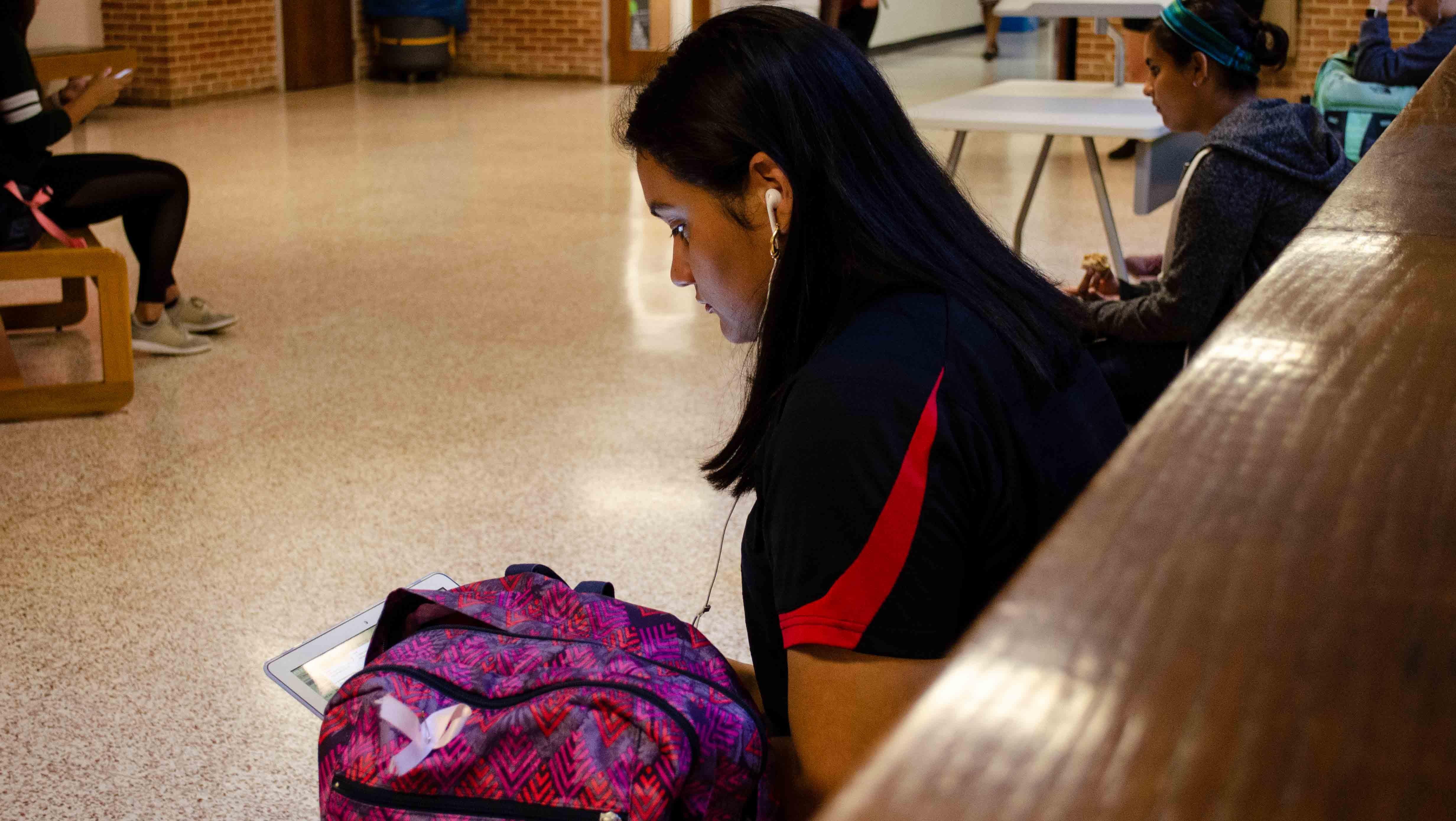
Another challenge Cruz faced as a commuter student was finding convenient times to work with her peers on group projects. Most students had conflicts on weeknights and didn’t want to meet on Saturdays. Cruz often found herself driving to campus on Sundays to work on group assignments.
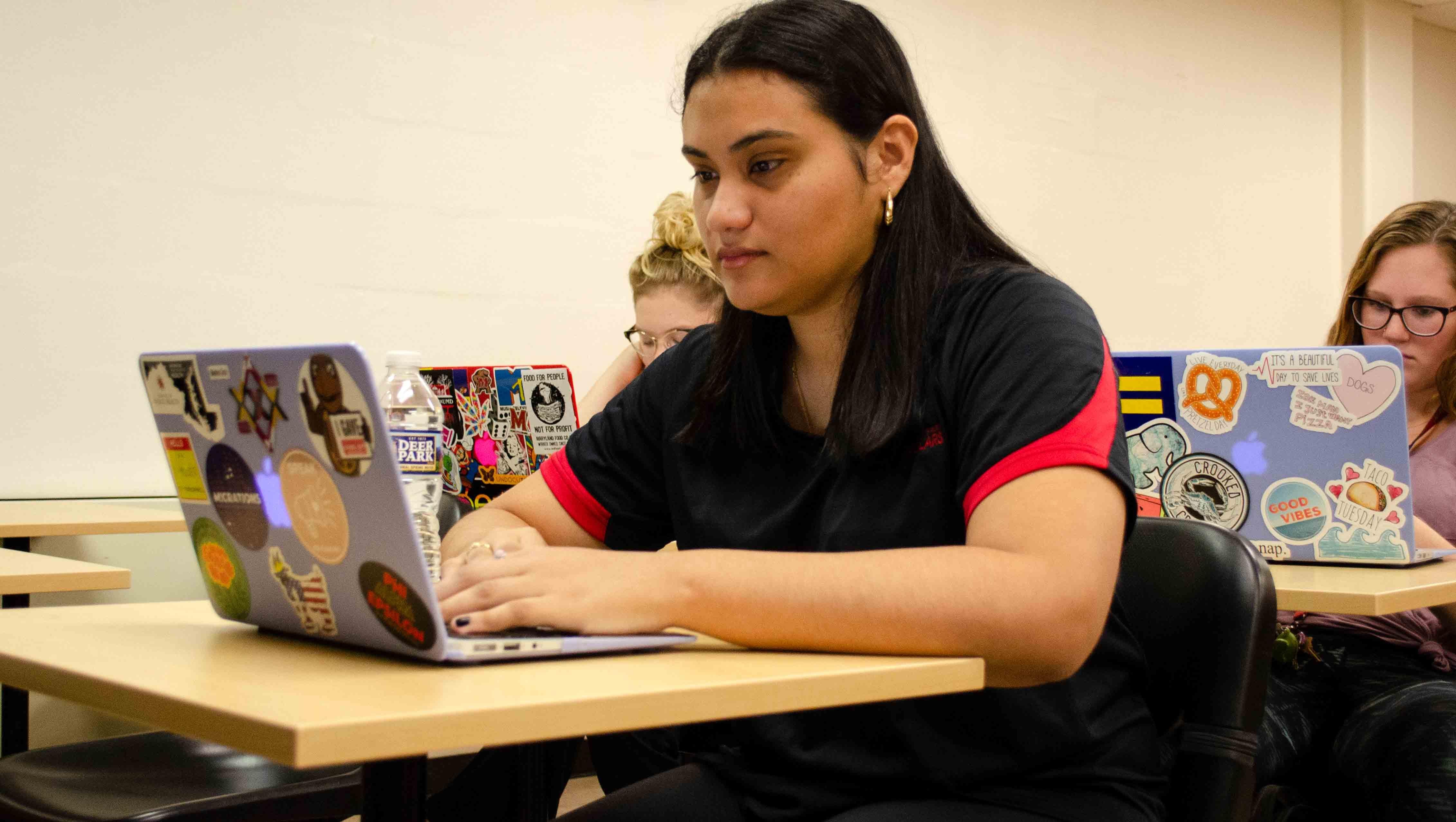
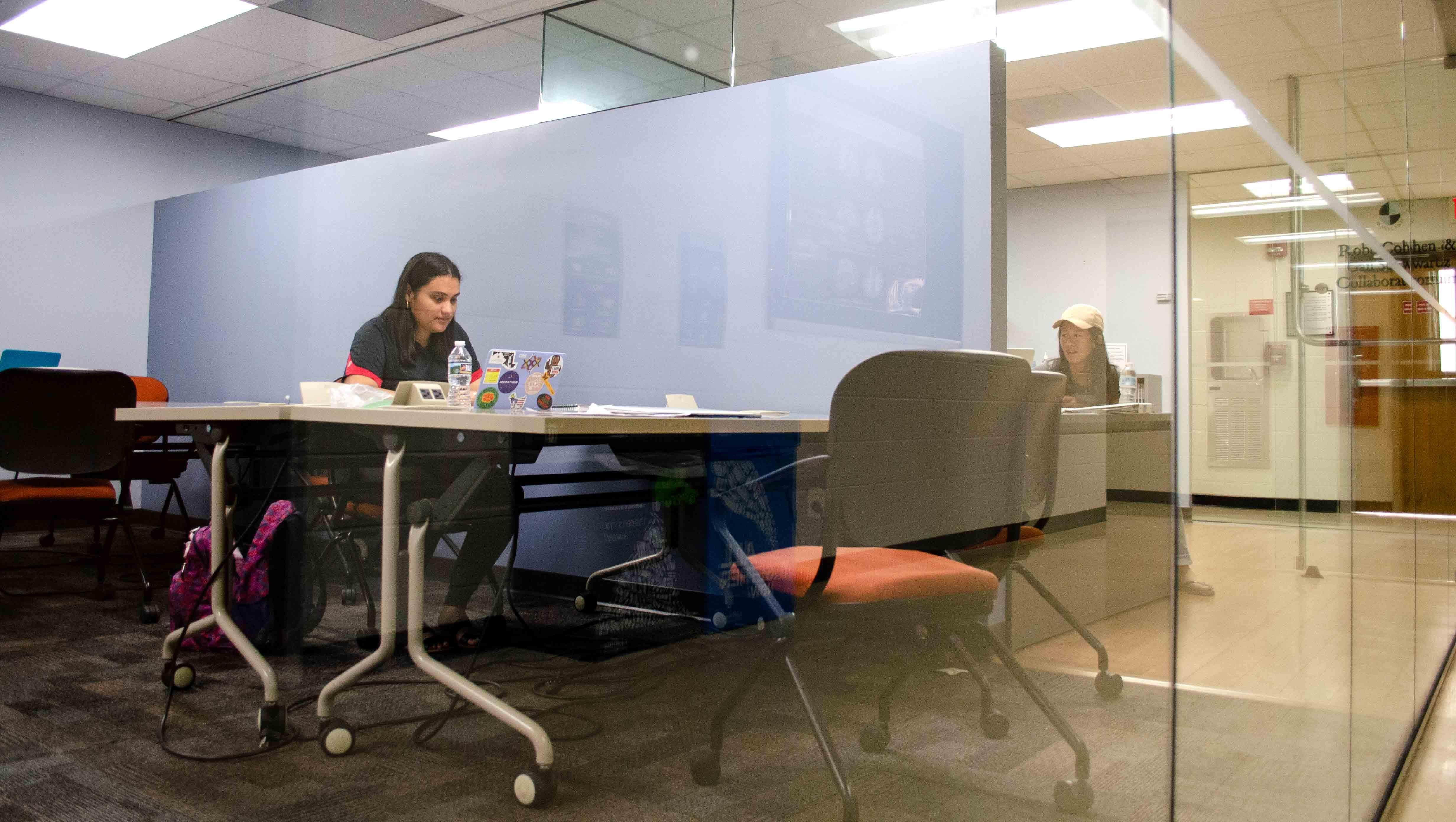

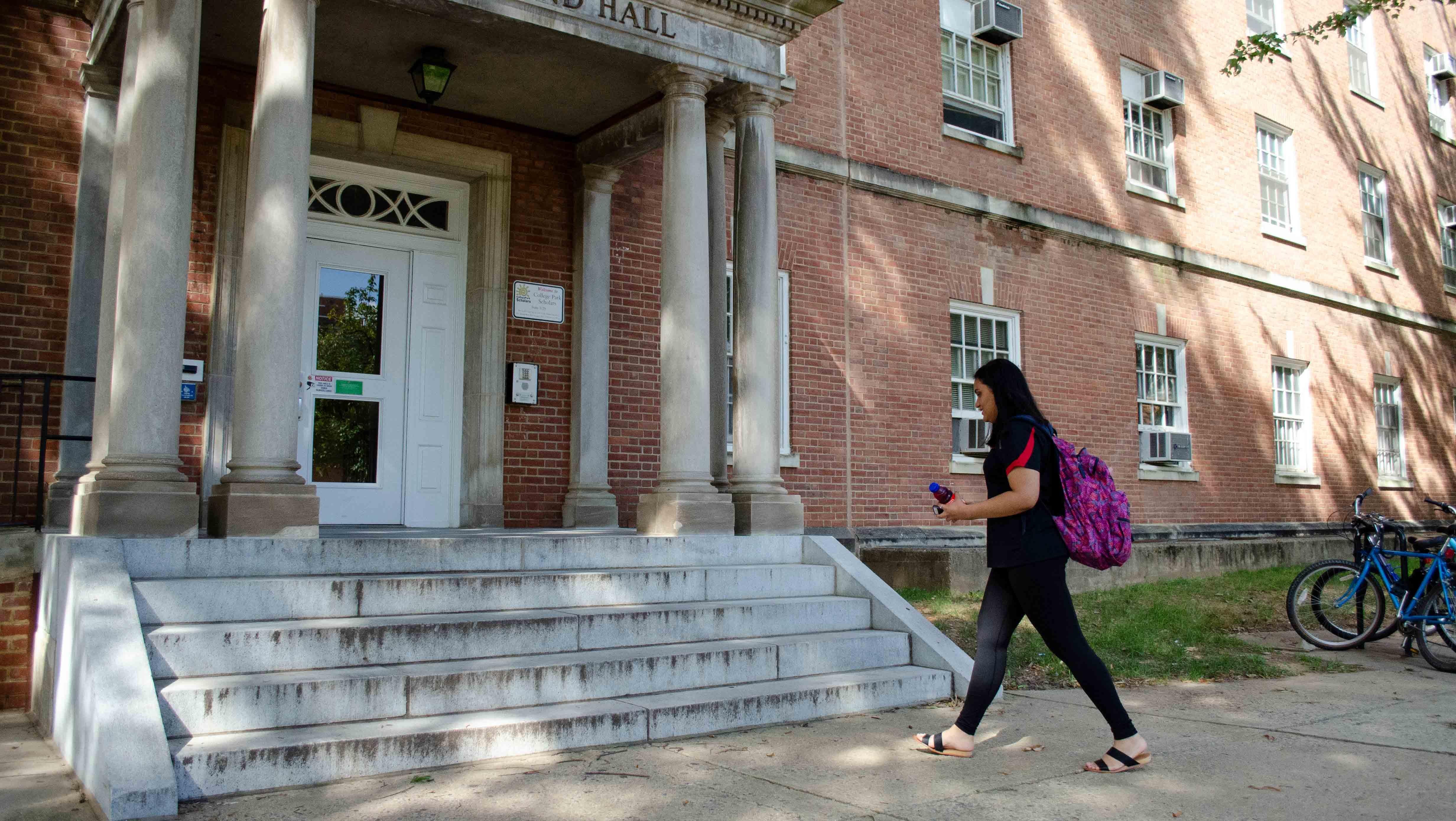
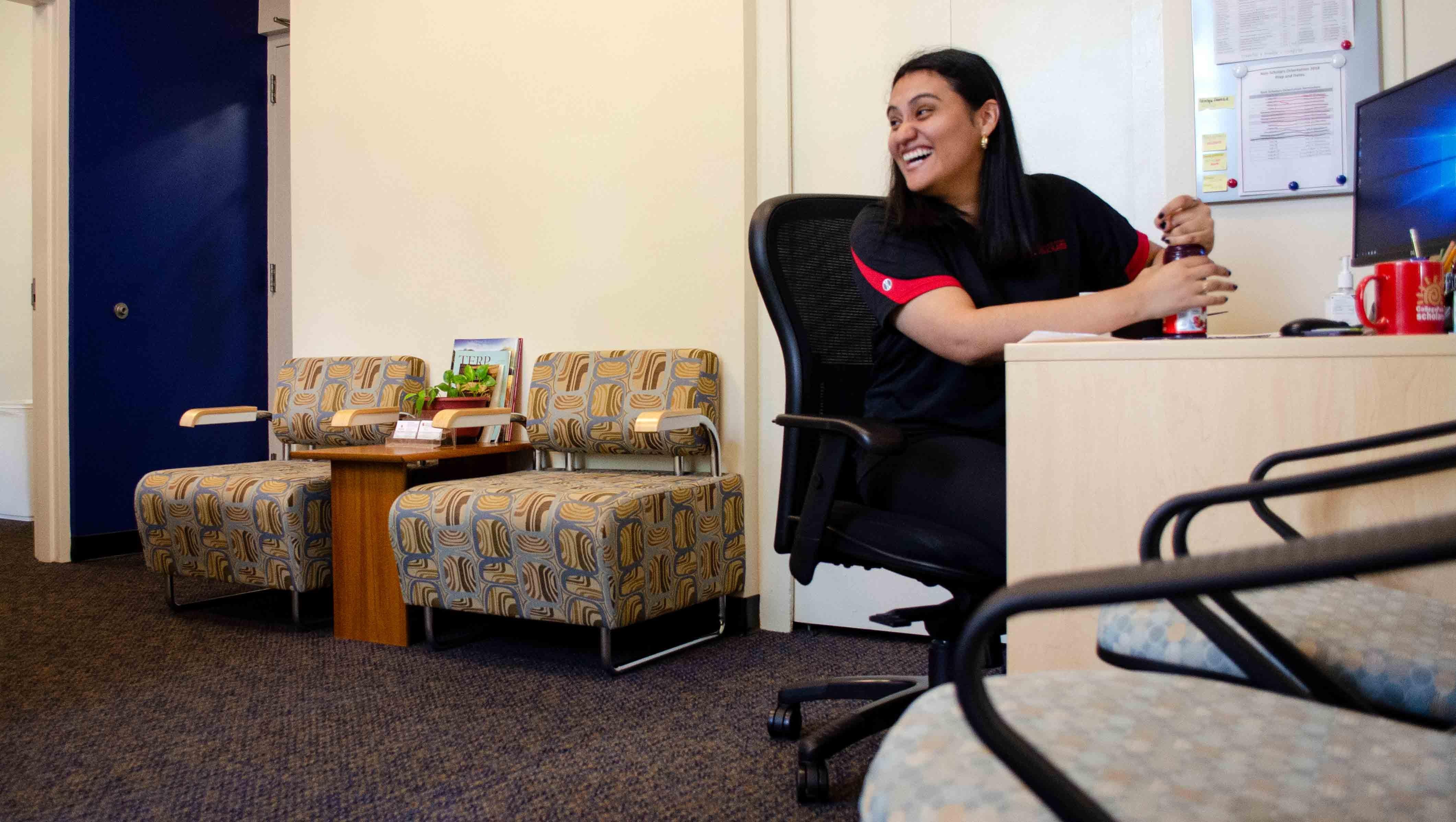
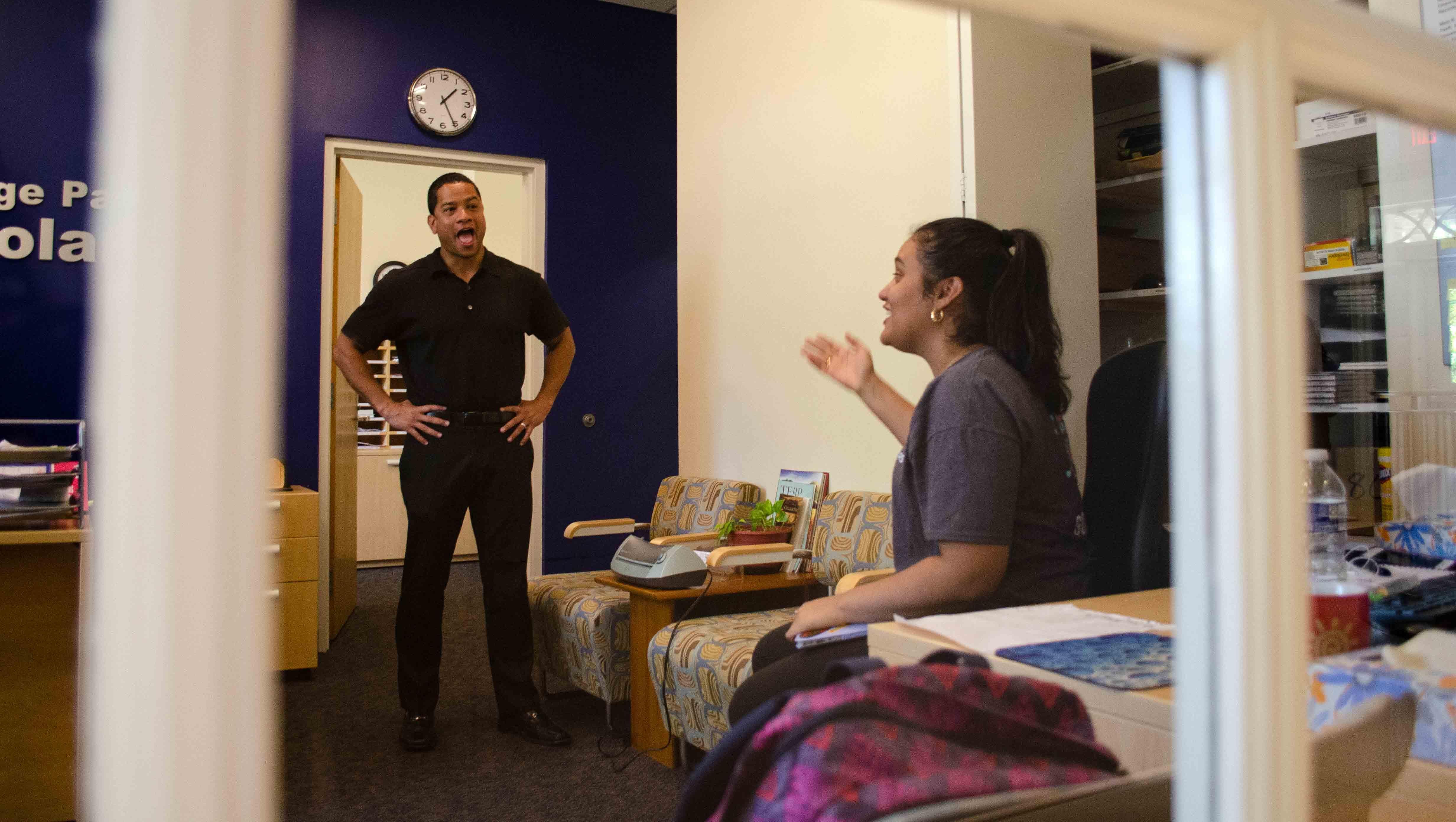
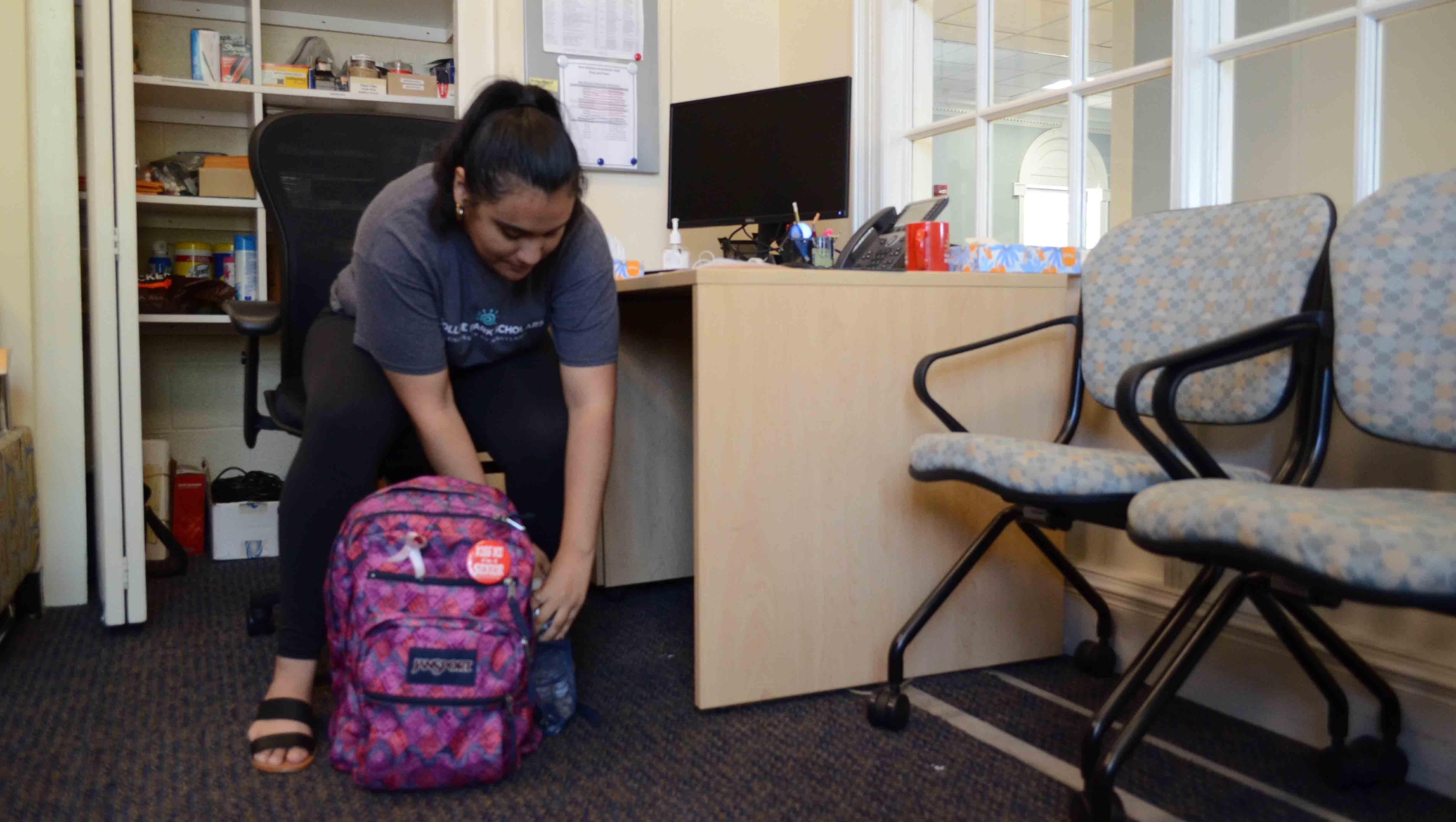
During her time as a Scholar, Cruz worked with some of her commuter peers and Associate Director Dave Eubanks to build a better support network for commuter students in Scholars. Today, commuter students in Scholars have a built-in support system from the day they step foot on campus. Scholars commuter students have their own group chat and are represented on the Scholars Student Advisory Board. They also meet other commuters at a Q&A session on the same day that other first-year Scholars students move into their residence halls.
At the university level, Transfer and Off-Campus Student Life hosts a breakfast for all commuting Terps every first Wednesday in Stamp Student Union.
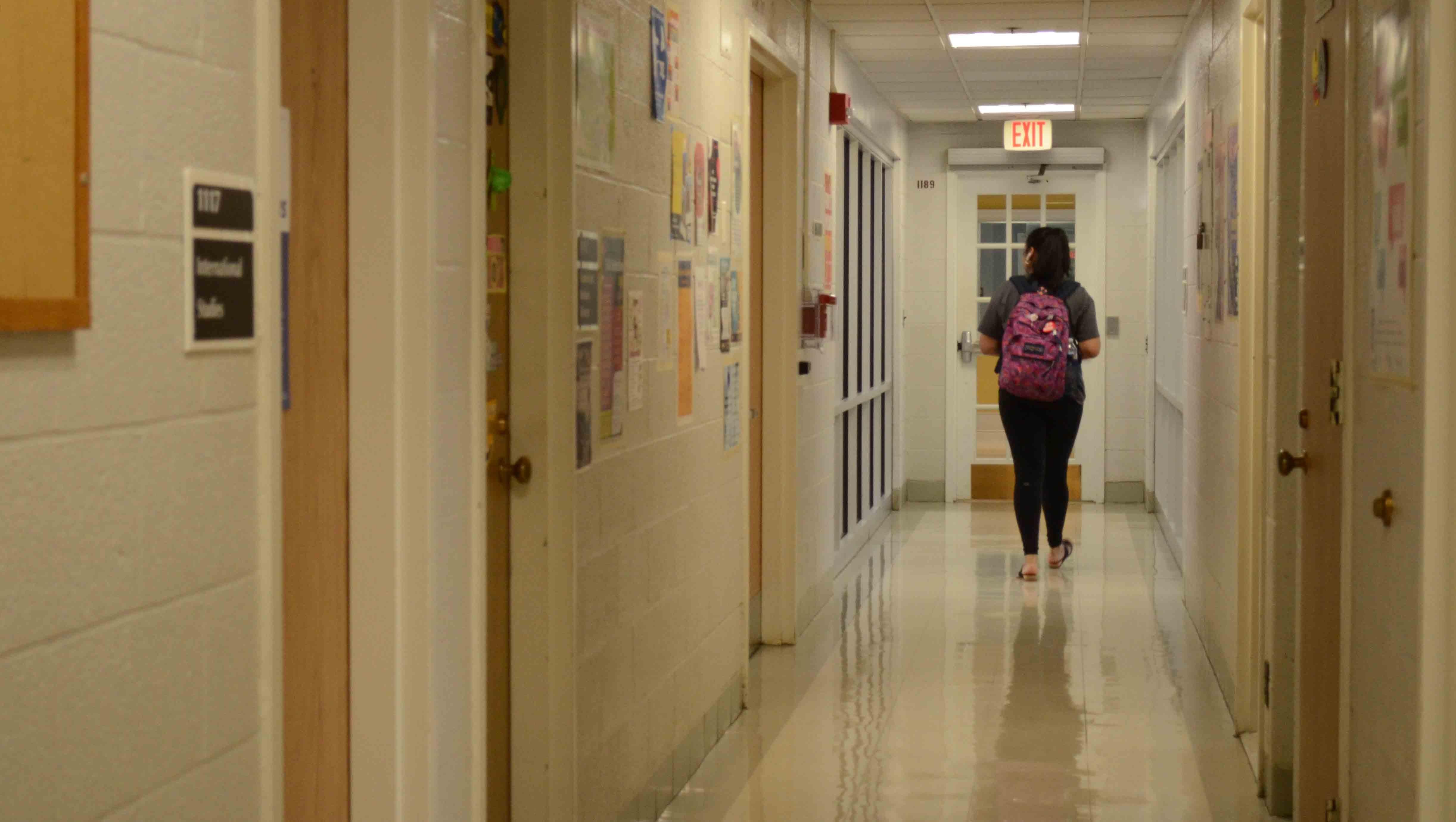
- Categories
- Student News
- Media, Self and Society News